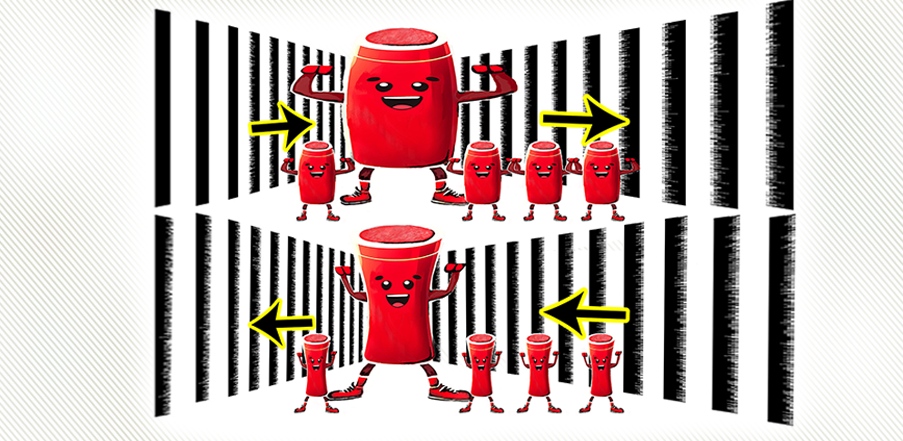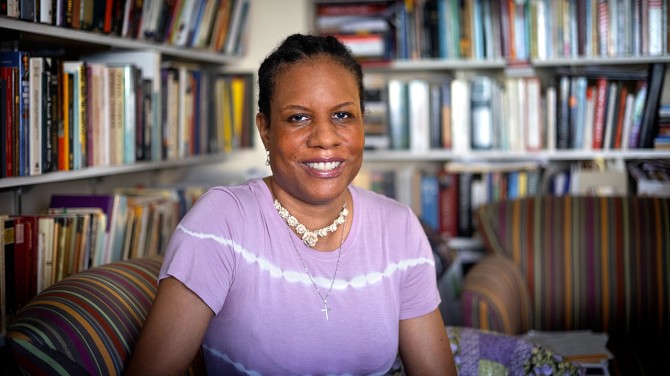
Should musicians be considered ‘special’ in terms of their vulnerability towards addiction and substance abuse? The answer is ‘yes’, as has been borne out in numerous academic studies. Musicians are far more likely to die from alcohol and drug abuse than non-musicians (Chertoff & Urbine 2018). To cite only a selection of the studies that have been conducted:
- In one survey of UK musicians, 45% reported problems with alcohol (Forsyth, Lennox & Emslie 2016) with musicians facing extreme workplace pressures (Gross & Musgrave 2016);
- One study of 226 musicians in New York State found that substance use was “markedly elevated compared to general population samples” (Miller & Quigley 2011, p. 401);
- One study of 168 significant and famous jazz musicians found that their mean age at death was only 57.2 years (Patalano 2000);
- One study of the autobiographies of rock musicians reported that 62% contained a description of the artist’s personal addiction story (Oksanen 2013);
- In one study of established European and North American pop and rock stars, they experienced double the mortality rates of ‘normal’ people and over one quarter of the sample died from drug and alcohol problems (Bellis, et al. 2007);
- A study of the ’27 Club’ showed that famous musicians were as likely to die at 27 as any other age, but the same study found that “the risk of death for famous musicians throughout their 20s and 30s was two to three times higher than the general UK population” (Wolkewitz et al. 2011, p. 1).
Research commissioned by Entertainment Assist shows alarming statistics for the Australian music industry. Music Australia cares about the welfare of musicians and we are concerned by these statistics. The organisation is proud to help increase the international spotlight on musicians and addiction, and to help bring people together to address the suffering that it causes. We are leading a project which will result in the publication of a book entitled Musicians and Addiction: Research and Recovery Stories, which will be published in paperback and eBook in June 2020. The project will also involve a companion website. It will hopefully be of benefit to musicians, organisations who employ musicians, music academics, and addiction academics. The project aims to build understanding of this vulnerability towards addiction, to dispel some naïve thinking, and to give musicians comfort and optimism looking to make changes. The project also potentially has relevance to visual artists, novelists, actors and other creative people.
Music Australia would like to thank Support Act for their assistance with this publication, particularly Lindy Morrison OAM who has helped us increase the number of Australian stories in the collection. Support Act do amazing work, and more information on them can be found at Support Act.
The book will consist of:
- a literature review of the research on musicians and addiction, including excerpts from published autobiographies (around 20% of the book). This section will take a pilot article which has been distributed over the past year (downloaded here), and make it deeper and richer, incorporating a large number of additional resources;
- a series of diverse recovery stories from musicians in Australia, the UK and USA (around 60% of the book);
- and a final epilogue which provides professional perspectives and practical advice (around 20% of the book).
If you would like to contribute to this project, either as an expert or by sharing a recovery story (even anonymously), please contact the CEO of Music Australia, Dr Paul Saintilan – [email protected] We are particularly interested in the stories of women, to help increase the gender balance in the collection.
Music Australia is not new to publishing, and this initiative may result in further publications over time, relevant to the organisation’s mission. This project has been made possible through an anonymous donation.
References cited in this article:
Bellis, Mark A., Tom Hennell, Clare Lushey, Karen Hughes, Karen Tocque & John R. Ashton (2007) ‘Elvis to Eminem: quantifying the price of fame through early mortality of European and North American rock and pop stars’, Journal of Epidemiology and Community Health, Vol. 61, pp. 896-901.
Chertoff, Jason & Daniel Urbine (2018) ‘Jeremy struck a chord: a public health approach to professional musicians’, American Journal of Public Health, January 2018, Vol. 108, no. 1, pp. 62-64.
Forsyth, Alasdair J.M., Jemma C. Lennox & Carol Emslie (2016) ‘”That’s cool, you’re a musician and you drink”: Exploring entertainers’ accounts of their unique workplace relationship with alcohol’, International Journal of Drug Policy, Vol. 36, pp. 85-94.
Gross, Sally Anne & Dr George Musgrave (2016) Can Music Make You Sick? Music and Depression: A Study into the Incidence of Musicians’ Mental Health, Part 1: Pilot Survey Report, University of Westminster/MusicTank/Help Musicians UK.
Gross, Sally Anne & Dr. George Musgrave (2017) Can Music Make You Sick? A Study into the Incidence of Musicians’ Mental Health, Part 2: Qualitative Study and Recommendations, MusicTank Publishing, University of Westminster, London
Miller, Kathleen E. & Brian M. Quigley (2011) ‘Sensation-seeking, performance genres and substance use among musicians’, Psychology of Music, Vol. 40, no. 4, pp. 389-410.
Oksanen, Atte (2013) ‘Addiction and rehabilitation in autobiographical books by rock artists, 1974-2010’, Drug & Alcohol Review, Vol. 32, no. 1, pp. 53-59.
Patalano, Frank (2000) ‘Psychological stressors and the short life spans of legendary jazz musicians’, Perceptual and Motor Skills, Vol. 90, pp. 435-436.
van den Eynde, Julie, Adrian Fisher & Christopher Sonn (2014) Pride, Passion & Pitfalls: Working in the Australian Entertainment Industry, Victoria University commissioned by Entertainment Assist
van den Eynde, Julie, Adrian Fisher & Christopher Sonn (2016) Working in the Australian Entertainment Industry: Final Report, Victoria University commissioned by Entertainment Assist
Wolkewitz, Martin, Arthur Allignol, Nicholas Graves, Adrian G. Barnett (2011) ‘Is 27 really a dangerous age for famous musicians? Retrospective cohort study’, BMJ, published online 20 December 2011.








